The United Nations Inter-agency Group for Child Mortality Estimation (UN IGME) revealed that the number of children succumbing before their fifth birthday has plummeted to an unprecedented low, standing at 4.9 million in 2022. This achievement was attributed to concerted efforts by healthcare professionals and communities worldwide, as highlighted by UNICEF Executive Director Catherine Russell.
Despite this progress, challenges persist, particularly in regions like sub-Saharan Africa and Southern Asia, where the majority of child deaths occur due to preventable or treatable causes such as preterm birth, pneumonia, and malaria. WHO Director-General Dr. Tedros Adhanom Ghebreyesus emphasized the importance of equitable access to quality healthcare, particularly for marginalized communities.
Investment in education, job creation, and fair compensation for health workers is crucial for improving access to healthcare, along with the integration of community health workers into primary healthcare systems. These workers play a vital role in delivering essential services and bridging gaps in healthcare delivery, especially in remote areas.
While progress has been made, substantial threats such as economic instability, conflicts, climate change, and the fallout from the COVID-19 pandemic continue to jeopardize child survival. Addressing these challenges requires collaborative efforts and targeted investments to ensure that every child has access to quality healthcare and opportunities for a healthy life.



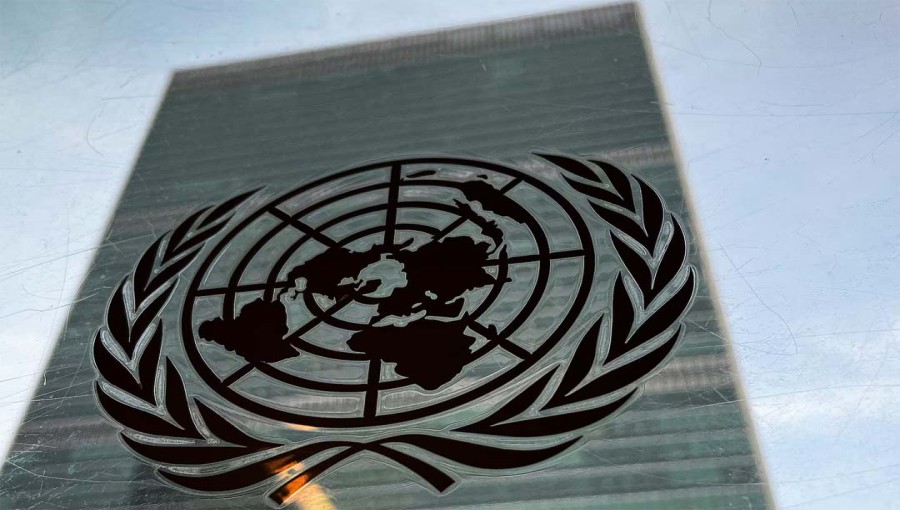
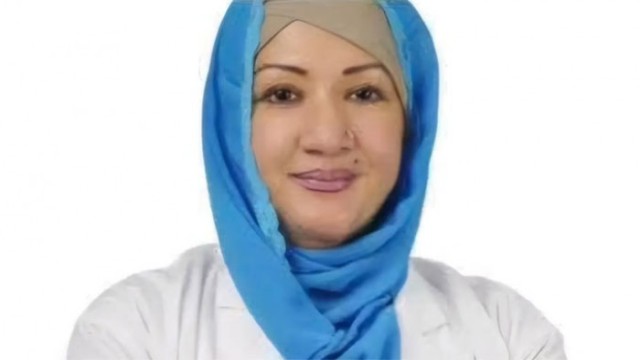
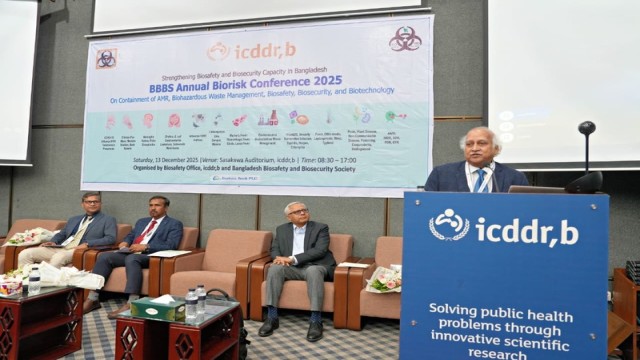
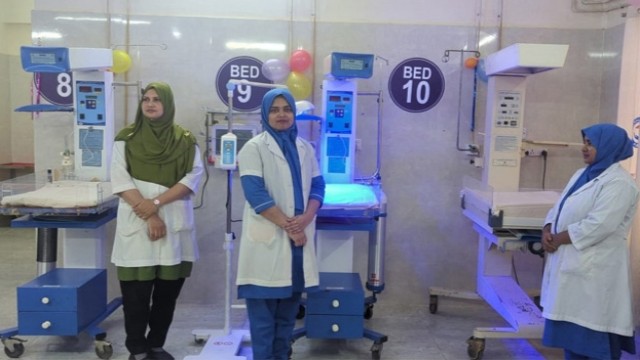
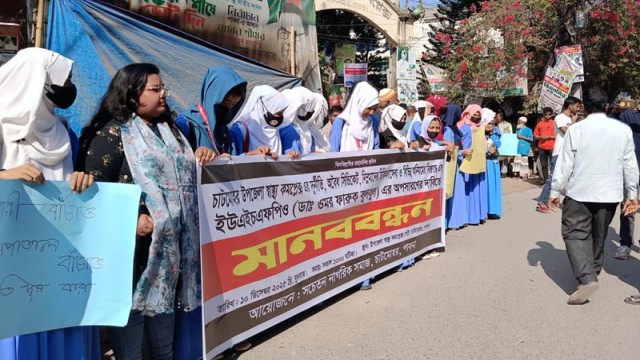
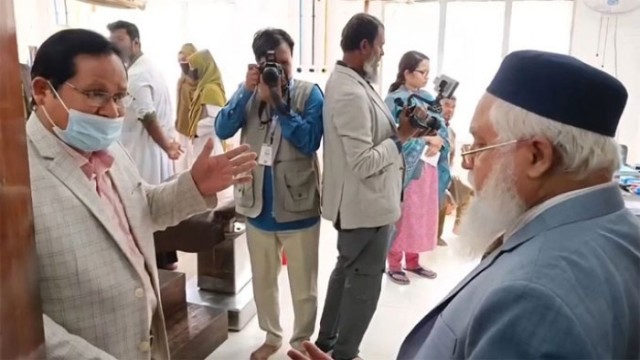
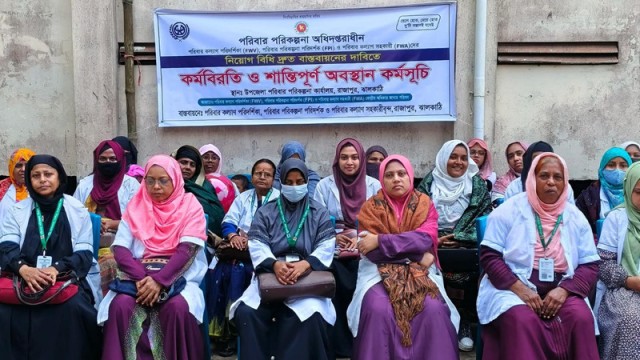





















Comment: